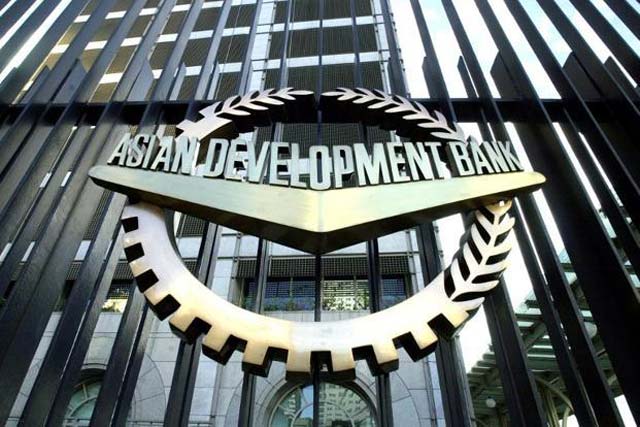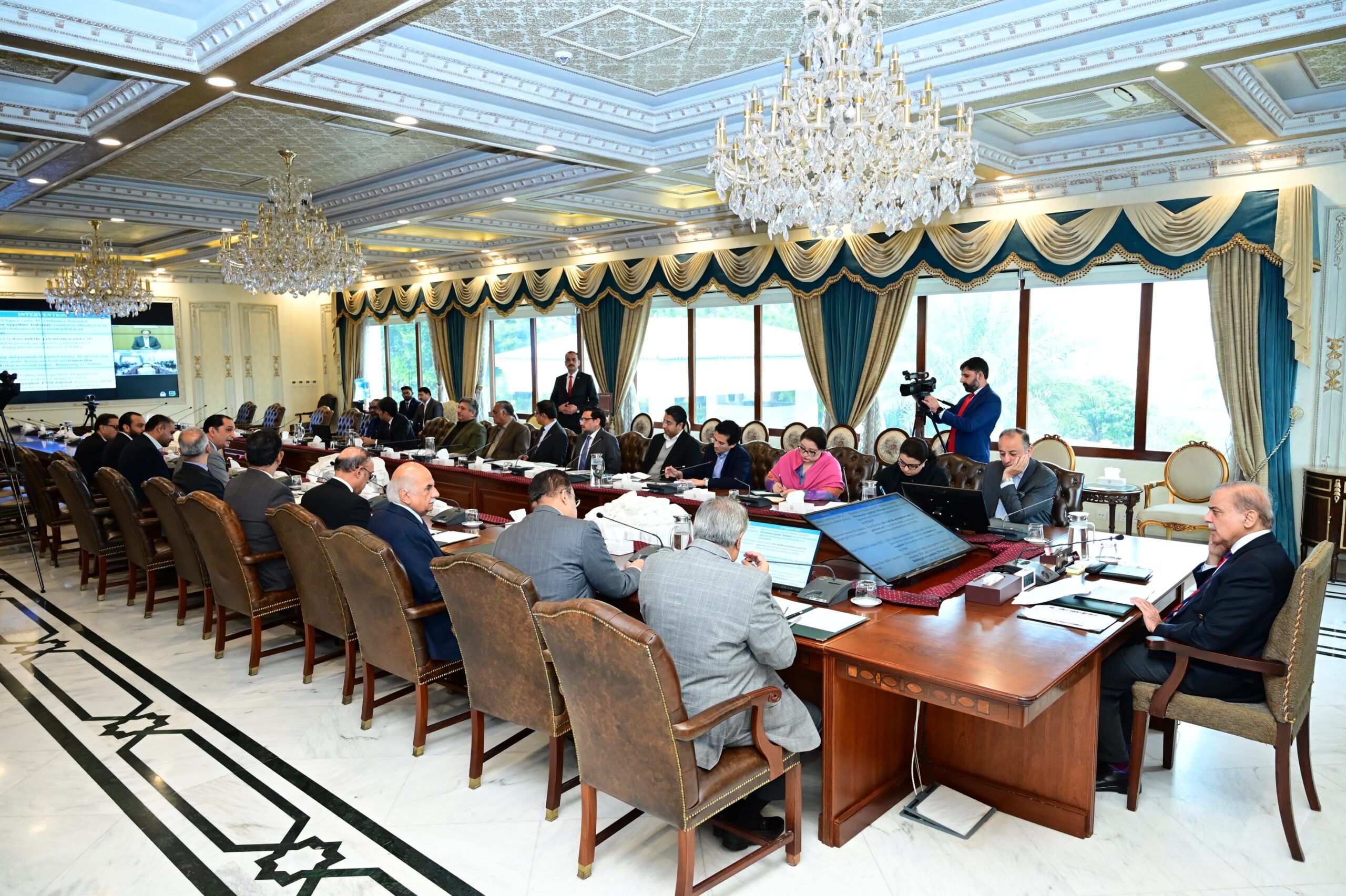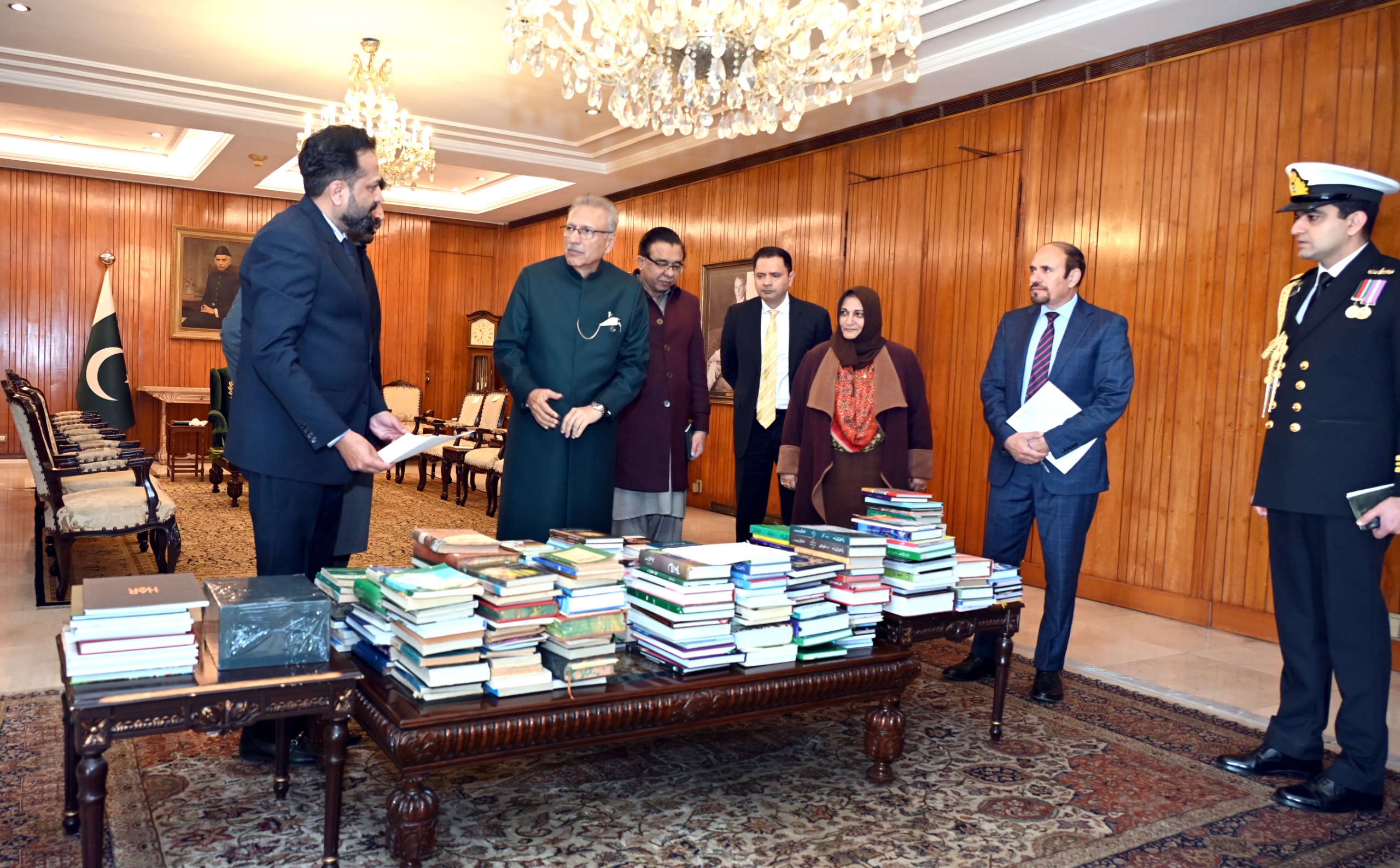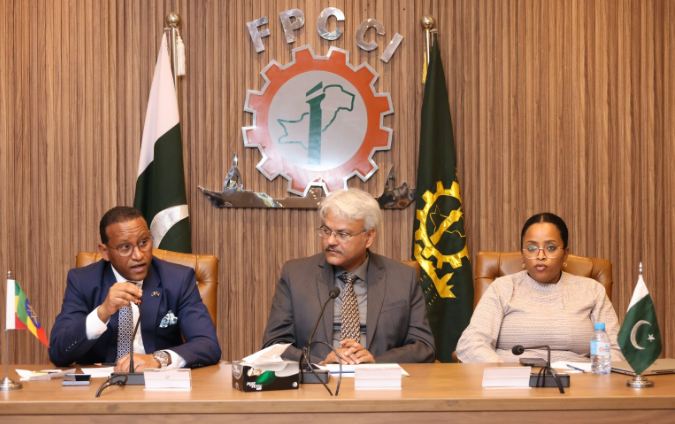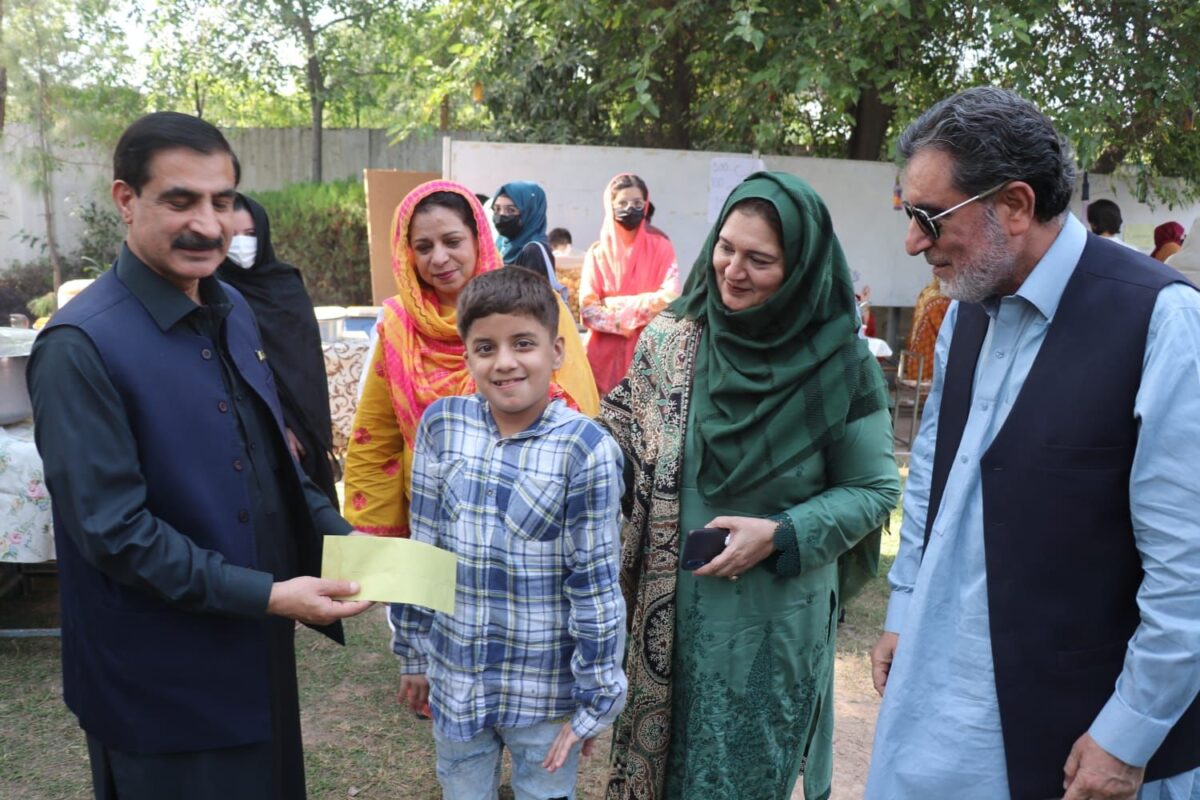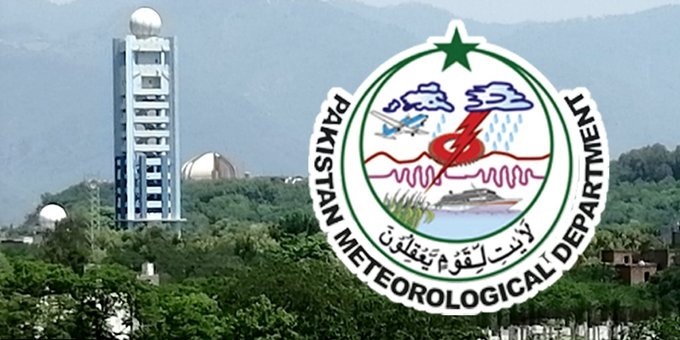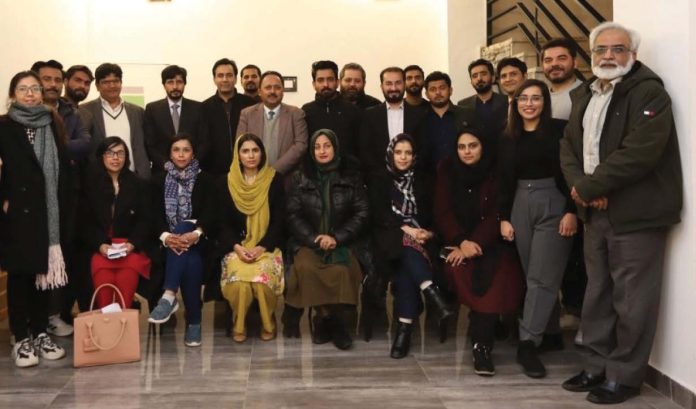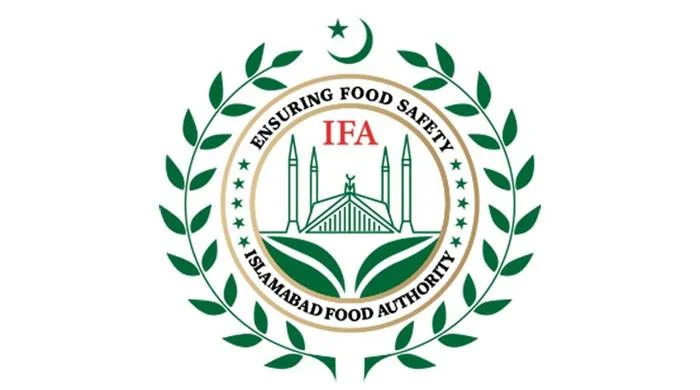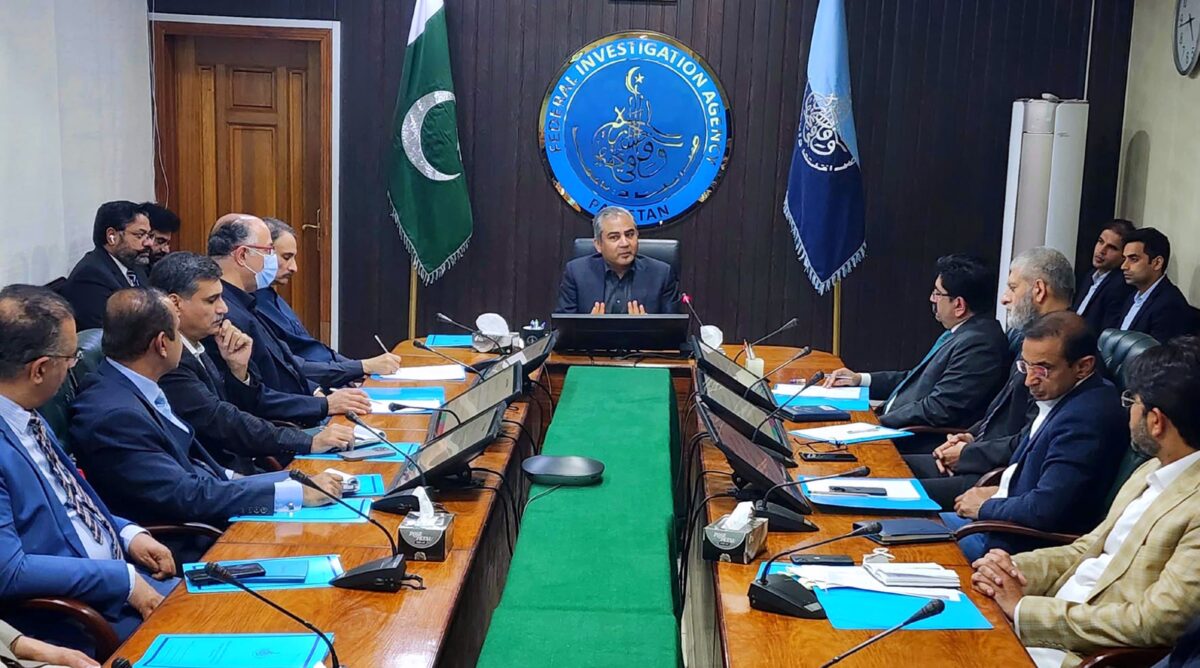ISLAMABAD, Jun 10 (APP): Federal Minister for Law and Justice, Senator Azam Nazeer Tarar on Monday told the Upper House of the Parliament that despite adverse of climate change agriculture sector was contributing 2.9% to national GDP and as per livelihood index had 37.4% share in the total livelihoods generated across the country.
He was responding to the motion and queries made by Senator Dr Zarqa Suharwardy Taimur of Pakistan Tehreek-e-Insaf (PTI) to discuss the effects of climate change on agriculture sector of the country in the light of the Country’s Economic Survey for the Financial Year 2022-23, released by the Ministry of Finance.
Senator Tarar thanked the movers for drawing attention towards the important issue and corrected the mover on deriding the Indus Water Treaty that it was this treaty that made India hesitant at international forums to engage in negotiations cross border water management talks.
The water Indus Treaty was done with India and negotiated through third party, the World Bank, whereas due to low riparian region was facing impacts of reduced water flows from India, he added.
Azam Tarar said, “Climate change is a serious challenge and done by anthropogenic activities post industrial revolution. However, Pakistan due to lying in the Himalyan foothills is most affected by climate change.”
The 2022 unexpected floods left 4.4 million acre crops damaged, one million livestock perished and millions of people affected by heatwaves, he said, adding, “ In order to redress the damages, Kisan package 2022, seeds and agricultural medicines on subsidized rates, climate resilient seeds, establishment of seed developing authority, water storage and drip irrigation mechanisms have been introduced.”
He informed that the National Adaptation Plan prepared that required the country $152 billion to implement the proposed plans by 2030.
“Living Indus Initiative project has been started, and Recharge Pakistan project prepared to conserve rain and flood water is being initiated at a cost of $57 million whereas its first part is completed,” Tarar said.
Climate Impact Agriculture research and planning project of $35 million was underway, whereas all these initiatives were started from the limited resources of the government, he added.
Senator Dr Zarqa Suharwardy Taimur while moving the motion said Pakistan has world’s second highest glaciers that were above 3000 and melting faster.
“According to Economic Survey 2022-23, 34% of the arable land has been converted into non-agricultural land for development activities like housing societies. The green areas of Lahore and thriving mango orchards of Multan have been razed to build up housing project,” she said.
Senator Dr Zarqa said the farmers were facing exploitation like the current wheat scandal and were not getting the actual prices of their produce.
She warned that amid global food security crisis by 2040, the country was also facing that similar threat due to its shrinking cultivatable land at the hands of land mafia.
She urged the chair to send the matter to the committee and all provinces should probe this matter as it was a serious loss.
Senator Zeeshan Khanzada of PTI said the agriculture sector was facing land use decline, whereas Pakistan was the fifth most impacted due to Greenhouse gases emissions impacts.
“Our region is the most impacted due to floods that not only damage crop but also soil quality. Pakistan should raise its voice on global forums for climate finance and work on building dams to protect our land. We can benefit from global climate finance with increased share for Pakistan to build dams,” he added.
He said food security was an issue that would aggravate in the coming years as it was witnessed during wheat season and therefore, food security should be on the government’s top priority.
The Deputy Chairman Senate on completion of the debate disposed off the agenda.
